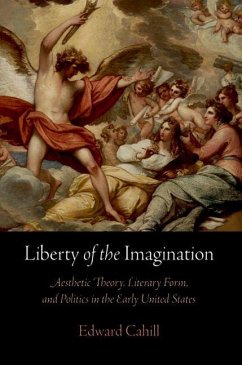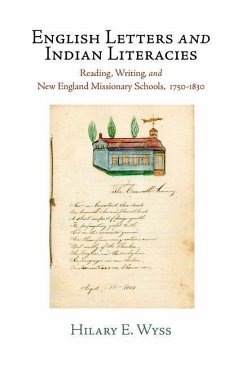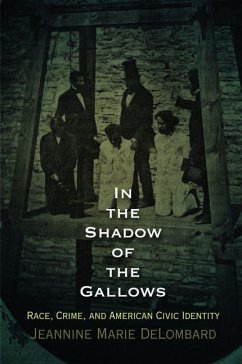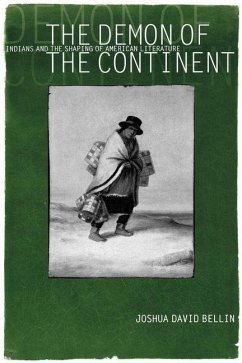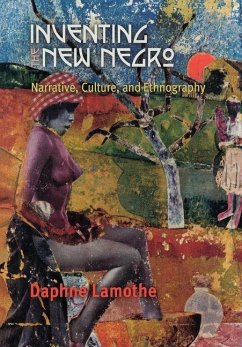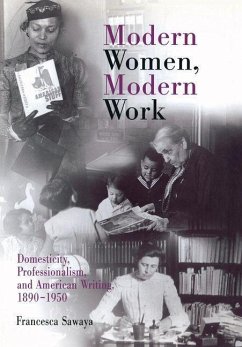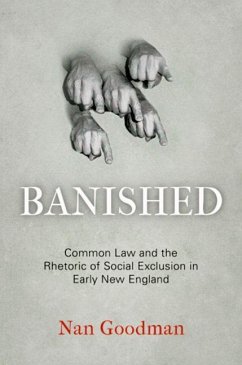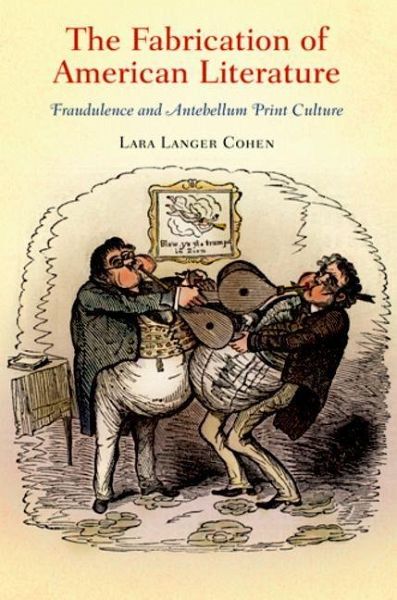
The Fabrication of American Literature (eBook, ePUB)
Fraudulence and Antebellum Print Culture
Versandkostenfrei!
Sofort per Download lieferbar
52,95 €
inkl. MwSt.
Weitere Ausgaben:

PAYBACK Punkte
26 °P sammeln!
Literary histories typically celebrate the antebellum period as marking the triumphant emergence of American literature. But the period's readers and writers tell a different story: they derided literature as a fraud, an imposture, and a humbug, and they likened it to inflated currency, land bubbles, and quack medicine.Excavating a rich archive of magazine fiction, verse satires, comic almanacs, false slave narratives, minstrel song sheets, and early literary criticism, and revisiting such familiar figures as Edgar Allan Poe, Davy Crockett, Fanny Fern, and Herman Melville, Lara Langer Cohen un...
Literary histories typically celebrate the antebellum period as marking the triumphant emergence of American literature. But the period's readers and writers tell a different story: they derided literature as a fraud, an imposture, and a humbug, and they likened it to inflated currency, land bubbles, and quack medicine.
Excavating a rich archive of magazine fiction, verse satires, comic almanacs, false slave narratives, minstrel song sheets, and early literary criticism, and revisiting such familiar figures as Edgar Allan Poe, Davy Crockett, Fanny Fern, and Herman Melville, Lara Langer Cohen uncovers the controversies over literary fraudulence that plagued these years and uses them to offer an ambitious rethinking of the antebellum print explosion. She traces the checkered fortunes of American literature from the rise of literary nationalism, which was beset by accusations of puffery, to the conversion of fraudulence from a national dilemma into a sorting mechanism that produced new racial, regional, and gender identities. Yet she also shows that even as fraudulence became a sign of marginality, some authors managed to turn their dubious reputations to account, making a virtue of their counterfeit status. This forgotten history, Cohen argues, presents a dramatically altered picture of American literature's role in antebellum culture, one in which its authority is far from assured, and its failures matter as much as its achievements.
Excavating a rich archive of magazine fiction, verse satires, comic almanacs, false slave narratives, minstrel song sheets, and early literary criticism, and revisiting such familiar figures as Edgar Allan Poe, Davy Crockett, Fanny Fern, and Herman Melville, Lara Langer Cohen uncovers the controversies over literary fraudulence that plagued these years and uses them to offer an ambitious rethinking of the antebellum print explosion. She traces the checkered fortunes of American literature from the rise of literary nationalism, which was beset by accusations of puffery, to the conversion of fraudulence from a national dilemma into a sorting mechanism that produced new racial, regional, and gender identities. Yet she also shows that even as fraudulence became a sign of marginality, some authors managed to turn their dubious reputations to account, making a virtue of their counterfeit status. This forgotten history, Cohen argues, presents a dramatically altered picture of American literature's role in antebellum culture, one in which its authority is far from assured, and its failures matter as much as its achievements.
Dieser Download kann aus rechtlichen Gründen nur mit Rechnungsadresse in A, D ausgeliefert werden.




